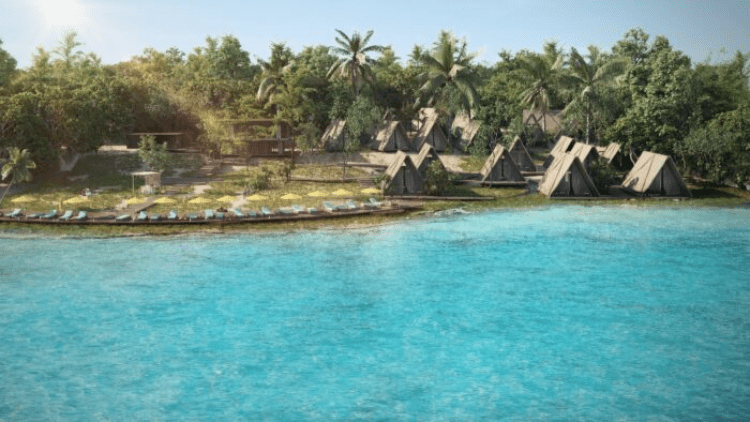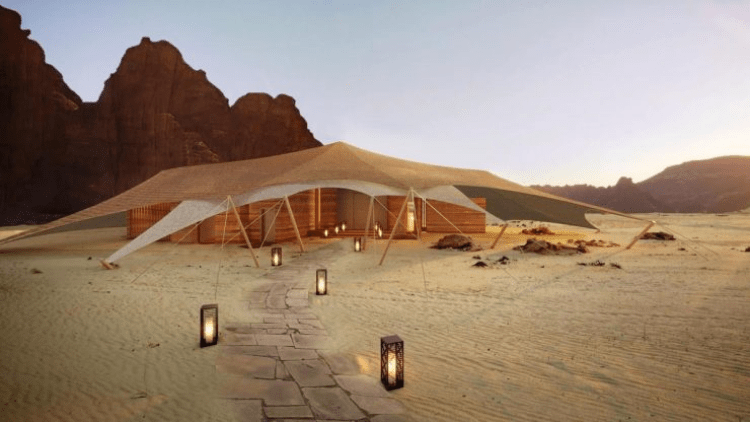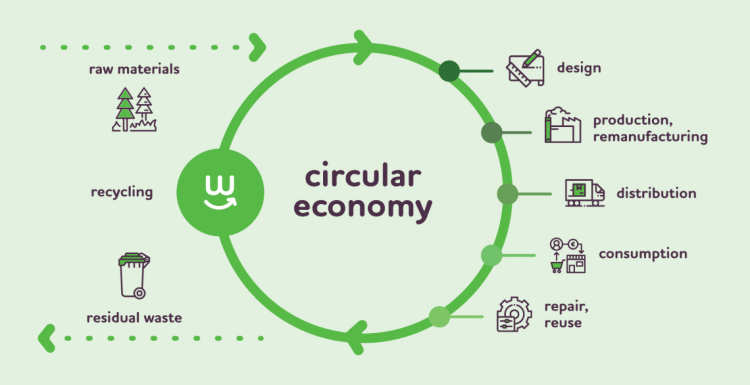Eco-friendly hotels are revolutionizing the tourism industry through the implementation of more sustainable programs, and one such example that caught our attention was the integration of 3D printing by Habitas, the brand transforming the touristic scene into a sustainable one. With 3D printing offering its own set of advantages in regards to sustainability, how does it help to improve the environment and biodiversity?
Advantages of 3D printing
- Reduces manufacturing waste
- Lowers carbon footprint
- Supports the circular economy
What’s the circular economy?
The circular economy is a paradigm that includes the production, consumption and incorporating the sharing, leasing, reusing, repairing, refurbishing, and recycling of existing resources and products in order to address global issues such as climate change, biodiversity loss, and pollution.
How does 3D printing contribute to a more circular economy?
The first method is to make printing threads from recycled materials, which is becoming increasingly common. As a result, environmentally conscious customers gain value.
The second option is to allow users to self-manufacture spare parts on home printers or at 3D printing centers in order to fix defective products. These two techniques extend the life of original products by converting them into new raw materials by repairing and reusing them.
In addition, based on a study conducted by SmartTech Analysis, the 3D printing industry was worth just under €13 billion euros in 2020.
3D printing may also be used to construct buildings from the ground up. Due to its accuracy, this is a significantly speedier procedure that usually entails reduced labour expenses and produces less waste.
Habitas is currently the most well-known player in the game of sustainable hotels, being the newest hotel company to use 3D printing techniques in the construction of its buildings. Uber’s co-founder Travis Kalanick and Tim Steiner, the CEO of online retailer Ocado, have both expressed their support to the firm.
The entire concept stemmed from the idea of “connectivity,” an important component of our human experience. Founder of Habitas, Oliver Ripley, believes that our need to connect with others is what makes us human and that it forms the basis of how we join and exit this planet. The fundamental motivation behind Habitas is to transform people’s lives, making it unique in the world of sustainability and innovativeness.
Habitas was first established in Tulum, Mexico and AIUIa, Saudi Arabia, in order to expand and influence a positive change throughout the local communities. Ripley was amazed and inspired on his first trip to AIUIa by the people, the natural beauty, and the heritage of the area.
In addition, Habitas’s 3D construction method allows it to build hotels out of sustainable materials that are manufactured in Mexico and supplied and constructed on-site, reducing its negative environmental effects.
Habitas’ major goal is to instill a sense of responsibility within people to safeguard the environment in a constant and diligent manner.

Habitas also plans to integrate 3D printing in their forthcoming initiatives to build a new type of environment that aims to bring people together and generate a sense of “belonging” whilst also helping to preserve the environment.







